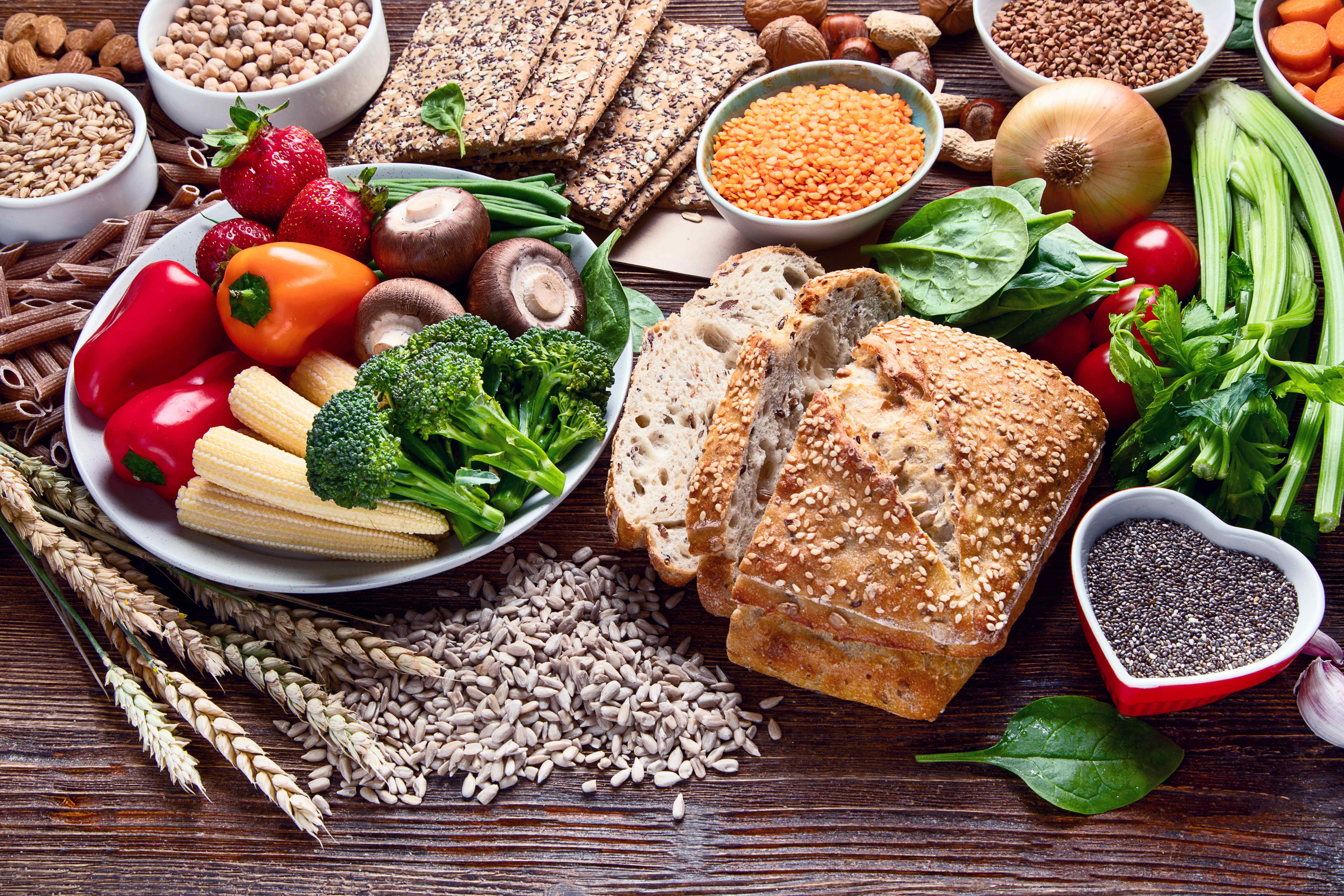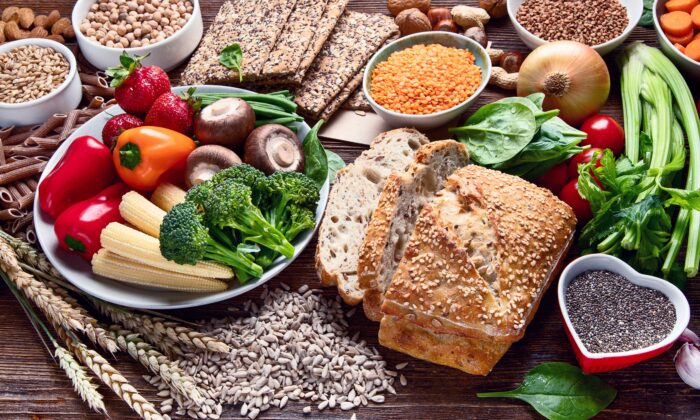
For individuals who experience discomfort from consuming fiber, personalized fiber sources could offer a solution. The traditional recommendation to follow a plant-based diet for improved overall health remains unchanged. However, recent research has highlighted that not everyone receives the same benefits from fiber, leading to a reassessment of dietary guidelines.
While it is generally advised to increase fiber intake through foods like beans, peas, whole grains, fruits, and vegetables, individuals with gastrointestinal discomfort may find it challenging. Surprisingly, increasing fiber intake does not always alleviate these symptoms as anticipated.
For individuals struggling with digestive issues related to fiber, it may be beneficial to consult a functional medicine practitioner to explore potential dysbiosis and determine the best dietary approach to increase fiber intake safely.
Increasing Fiber Intake
Experts suggest consuming up to 40 grams of fiber daily, with examples of high-fiber foods including lentils, sweet potatoes, broccoli, pears, and raspberries. Starting slowly, tracking fiber intake and its effects, and opting for cooked vegetables can help manage gas and bloating concerns associated with fiber consumption.
Please rephrase this.
Source link






